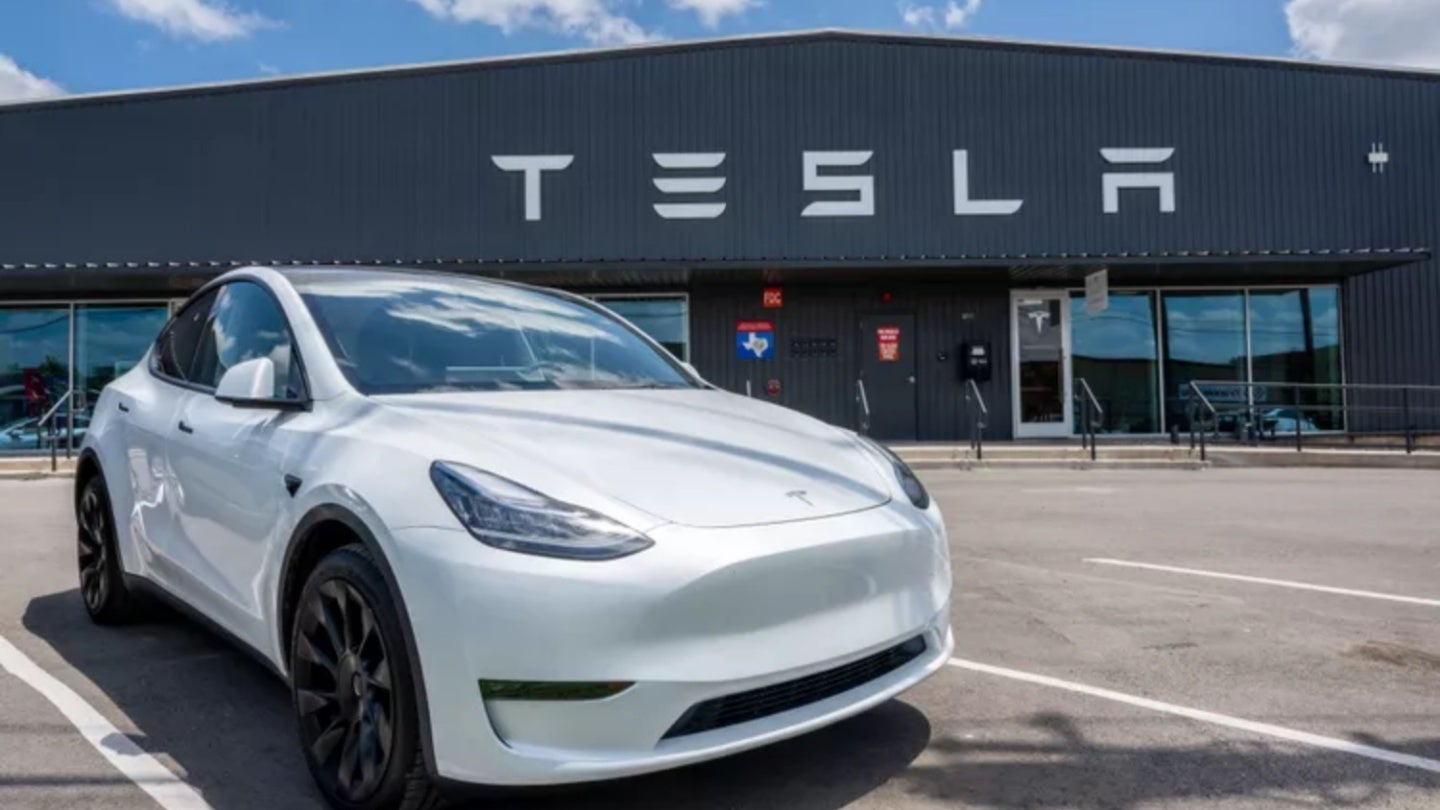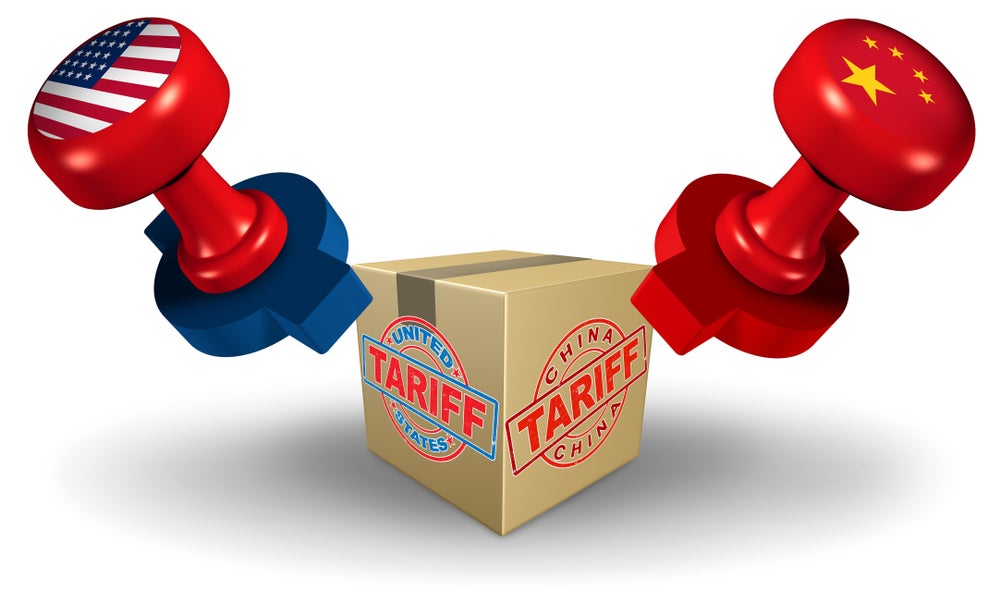
Tesla CEO Elon Musk has spoken out against the Biden Administration’s 100% tariff on Chinese-made EVs.
Speaking at the annual French VivaTech conference on 23 May, Musk stated that he was surprised that the tariffs were introduced.
“Neither Tesla nor I asked for these tariffs,” he said. “Tesla competes quite well in the market in China with no tariffs and no deferential support.”
Musk also stated that he was not in favour of EV tax incentives.
This is a U-turn from earlier comments made by the CEO during Tesla’s January earnings call, in which he stated that Chinese EV companies could crush competition if regulatory guard-rails were not put in place.
The Biden Administration upped tariffs on Chinese-made EVs from 25% to 100% on 14 May, alongside other increased tariffs on sensitive technologies and raw materials.
How well do you really know your competitors?
Access the most comprehensive Company Profiles on the market, powered by GlobalData. Save hours of research. Gain competitive edge.

Thank you!
Your download email will arrive shortly
Not ready to buy yet? Download a free sample
We are confident about the unique quality of our Company Profiles. However, we want you to make the most beneficial decision for your business, so we offer a free sample that you can download by submitting the below form
By GlobalDataThe Biden Administration stated that these tariff changes were intended to promote US technology production and secure local jobs within its tech sector.
The changes included a 50% tariff on Chinese semiconductors, which are integral to AI technology.
In its statement announcing the tariff changes, the White House stated that Chinese exports of EVs grew 70% between 2022 and 2023, running the risk of stifling investment into US EV manufacturing.
Lithium-ion EV batteries were also affected by the amended tariffs, jumping from a 7.5% tariff to 25%.
A 2023 thematic intelligence report into EVs by research and analysis company GlobalData forecast that total EV manufacturing will account for 18% of the world’s total light vehicle manufacturing by 2025.
By 2028, this is forecast to grow to a 28% share, equivalent to 28.3 million EV units being manufactured globally each year.







